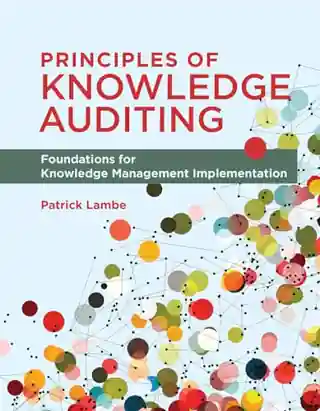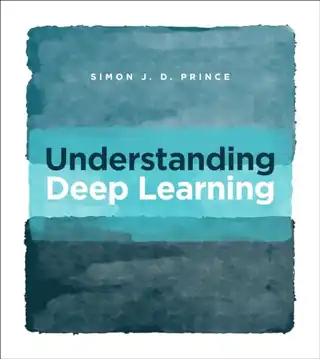A comprehensive theoretical and practical guide to the operating principles of knowledge auditing, illustrated with numerous case studies.
A knowledge audit provides an “at a glance” view of an organization's needs and opportunities. Its purpose is to improve an organization's effectiveness through a better understanding of the dynamics and levers of knowledge production, access, and use. However, this developing field is hampered by the lack of a common language about the origins and nature of knowledge auditing. In Principles of Knowledge Auditing, Patrick Lambe integrates the theory and practices of the field, laying out principles and guidelines for a clearer and more pragmatic approach to knowledge auditing that makes it more accessible to practitioners and researchers.
Lambe examines knowledge auditing in the context of the development of communications, information, and knowledge management in the twentieth century. He critiques and clarifies ambiguities in how knowledge audits are approached and described, as well as how the results are conveyed within organizations. He discusses the benefits and risks of knowledge management standards. Knowledge auditors, he says, need a common frame of reference more than they need standards. Standards have their uses, but they provide only markers and signposts and are poor representations of the richness of the landscape. He concludes with a set of guiding principles for practitioners.
Conditions of Use
![]() This book is licensed under a Creative Commons License (CC BY-NC-ND). You can download the ebook Principles of Knowledge Auditing for free.
This book is licensed under a Creative Commons License (CC BY-NC-ND). You can download the ebook Principles of Knowledge Auditing for free.
- Title
- Principles of Knowledge Auditing
- Subtitle
- Foundations for Knowledge Management Implementation
- Publisher
- The MIT Press
- Author(s)
- Patrick Lambe
- Published
- 2023-05-02
- Edition
- 1
- Format
- eBook (pdf, epub, mobi)
- Pages
- 392
- Language
- English
- ISBN-10
- 0262545039
- ISBN-13
- 9780262373166
- License
- CC BY-NC-ND
- Book Homepage
- Free eBook, Errata, Code, Solutions, etc.
Introduction I: Recovering Our Past 1: Seeking to Understand Knowledge in Organizations 2: The History of Knowledge Audits II: Speaking Clearly about Audits 3: What Is an Audit? A Definitional Approach 4: What Kind of Audit Is a Knowledge Audit? A Naturalistic Approach 5: What Are We Auditing? III: Drivers and Motivations 6: What Stimulated the Emergence of Knowledge-Related Audits? 7: Beginnings and Improvisations: Discovery Review, Inventory, and Participative Goal-Setting Audits 8: Authority Envy: Assessment Audits and Standards in Communication and Information Audits 9: The Battle for Standards in Knowledge Management IV: Speaking Clearly about Knowledge 10: Risky Metaphors 11: The Syllepsis Trap: When Choice of Language Becomes Problematic 12: The Language of Value: Assets and Capital 13: The Language of Value: Resources 14: Ascribing Value to Knowledge and the Implications for Influence and Control 15: The Inventory Audit: Auditing Knowledge Stocks 16: Unhelpful Dualisms: The Personal-Collective Dualism 17: Unhelpful Dualisms: The Tacit-Explicit Dualism 18: Typologies of Personal Knowledge 19: Typologies of Organizational Knowledge 20: Toward Integration: Typologies of Functional Knowledge 21: Conclusion: Possibilities References Index








